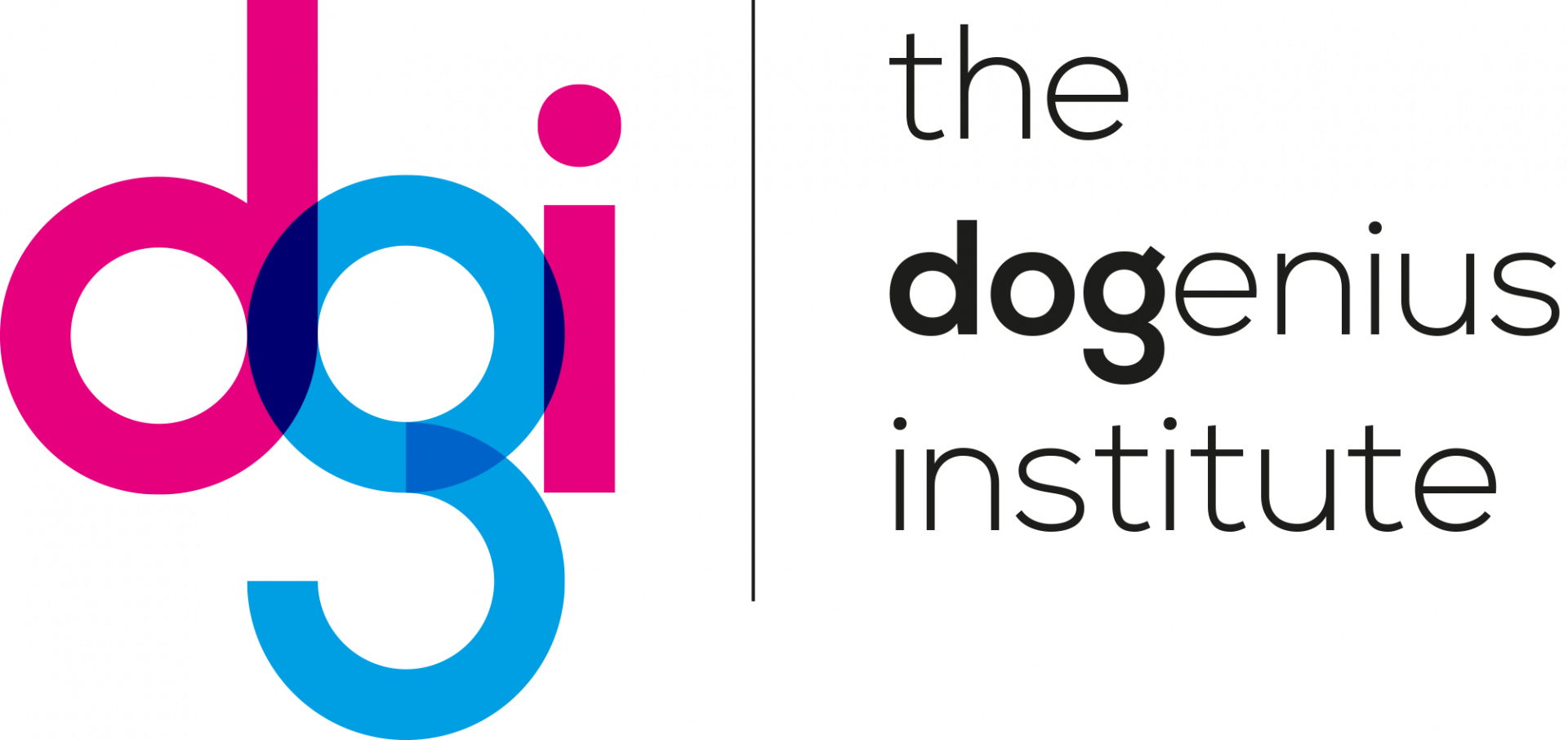Animal Welfare & Ethics Policy
Policy Title: Animal Welfare and Ethics Policy
Effective Date: 01/12/22
Review Date: 01/12/25
Responsible Authority: Director/IQA
Applies to: All students, faculty, staff, and affiliates of The DoGenius
Institute
1. Purpose
The purpose of this policy is to outline the commitment of The DoGenius Institute to uphold the highest standards of animal welfare and ethics in all its educational programs, research, and activities related to animal behaviour and training. This policy aims to ensure that all interactions with animals are conducted humanely, ethically, and with the utmost respect for their physical and psychological well-being.
2. Scope
This policy applies to all students, faculty, staff, and any other individuals associated with The DoGenius Institute who are involved in activities, courses, research, or any form of interaction with animals as part of the institution's educational offerings.
3. Core Principles
3.1 Respect for Animals: All animals involved in educational activities must be treated with respect and dignity. This includes acknowledging their intrinsic value and ensuring their well-being is a priority.
3.2 Humane Treatment: All interactions with animals must be conducted in a manner that minimises stress, discomfort, and suffering. Humane training methods that promote positive reinforcement are expected and mandated, while any form of punishment, abuse, or neglect is strictly prohibited.
3.3 Animal Rights and Welfare: The welfare of animals must be safeguarded at all times. This includes providing appropriate housing, nutrition, socialisation, and veterinary care. Animals should only be used in activities or research if it is essential and justifiable for educational purposes.
3.4 Ethical Research: Any research involving animals must adhere to strict ethical guidelines. Research should only be conducted when it offers potential benefits to animal welfare, contributes to scientific knowledge, and is approved by The DoGenius Institute ethics committee.
3.5 Education and Awareness: The DoGenius Institute is committed to educating students, staff, and the broader community on the ethical treatment of animals. This includes integrating animal welfare and ethics into the curriculum and fostering a culture of compassion and responsibility towards animals.
4. Guidelines for Animal Interaction
4.1 Training Methods: Training methods employed should be based on positive reinforcement and reward-based systems. Coercive techniques, physical punishment, or any methods causing fear or distress are prohibited.
4.2 Supervision and Support: Students and staff must be supervised by qualified professionals when working with animals. Ongoing support and training in ethical and humane handling practices will be provided.
4.3 Use of Animals in Education: Animals used in educational settings must be sourced responsibly and with consideration for their welfare. Their use should be justified, and alternatives should be considered where possible.
4.4 Handling and Care: All animals must be handled gently and respectfully. Care should be taken to ensure they are not exposed to undue stress, and their environment should meet or exceed the standards for their species.
4.5 Veterinary Care: Access to prompt and adequate veterinary care must be ensured for all animals. Preventative care, emergency care, and regular health check-ups are mandatory.
4.6 End-of-Life Decisions: Decisions regarding the euthanasia or retirement of animals must be made with the guidance of veterinary professionals and based on the best interests of the animal. Euthanasia should only be considered when an animal's quality of life cannot be maintained.
5. Roles and Responsibilities
5.1 Students: Students are expected to adhere to this policy in all their interactions with animals and report any concerns regarding animal welfare to their instructors or designated authority.
5.2 Faculty and Staff: Faculty and staff are responsible for ensuring that all educational activities involving animals are conducted in line with this policy. They must model ethical behaviour, provide guidance, and ensure that students understand and adhere to these principles.
5.3 Animal Ethics Committee: The DoGenius Institute will establish an Animal Ethics Committee to oversee all activities involving animals. This committee will be responsible for reviewing and approving research proposals, monitoring animal welfare, and ensuring compliance with this policy.
6. Compliance and Reporting: Non-compliance with this policy will be taken seriously and may result in disciplinary action. Any concerns or incidents related to animal welfare must be reported immediately to the designated authority or Animal Ethics Committee. All reports will be investigated thoroughly, and appropriate action will be taken.
7. Review and Amendments: This policy will be reviewed regularly, at least every two years, to
ensure it remains relevant and up-to-date with current best practices in animal
welfare and ethics. Amendments to this policy will be made as necessary,
following consultation with relevant stakeholders.
8. Related Documents
- Animal Ethics Guidelines
- ABTC Code of Conduct
- Veterinary Care Standards
